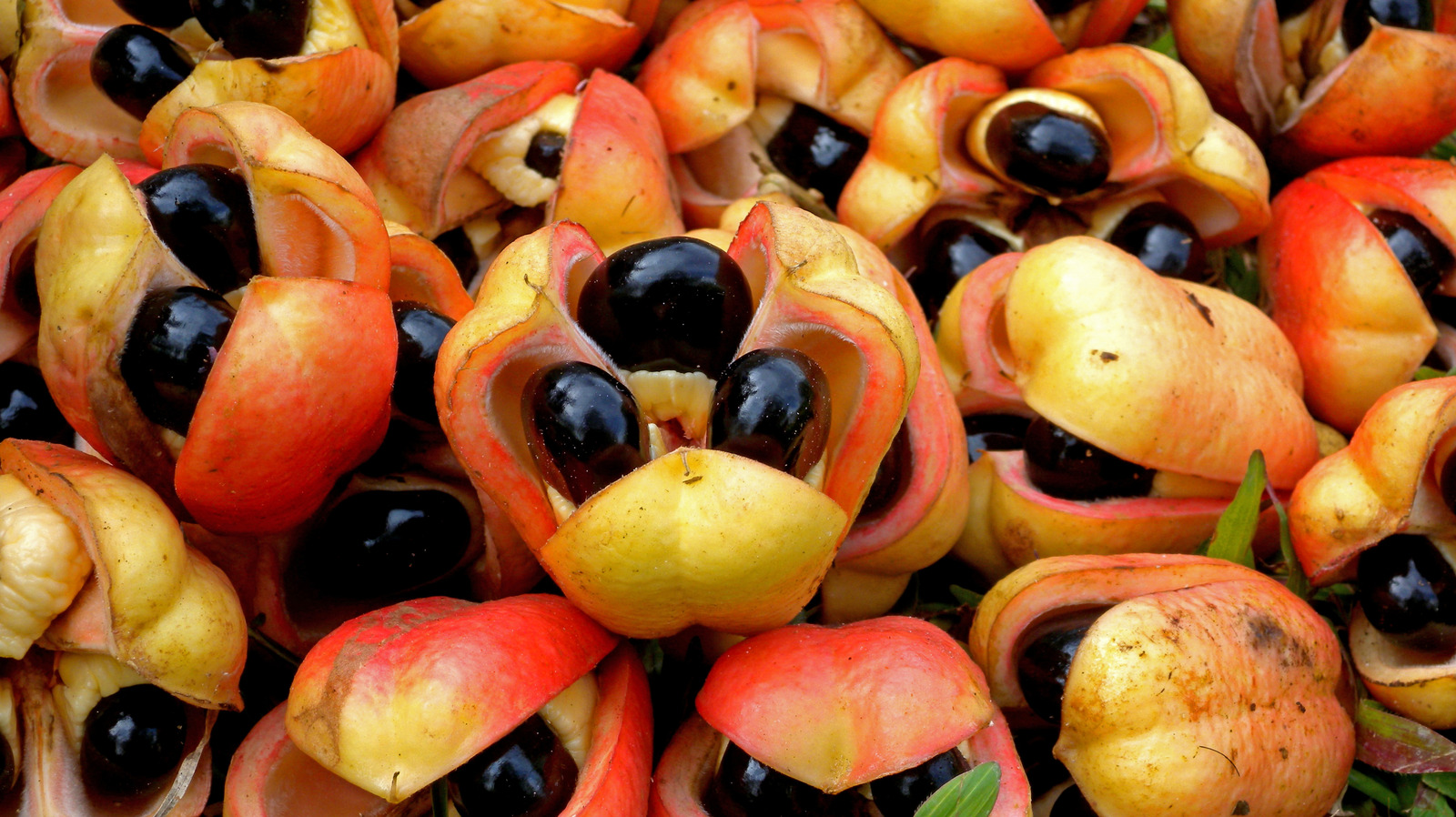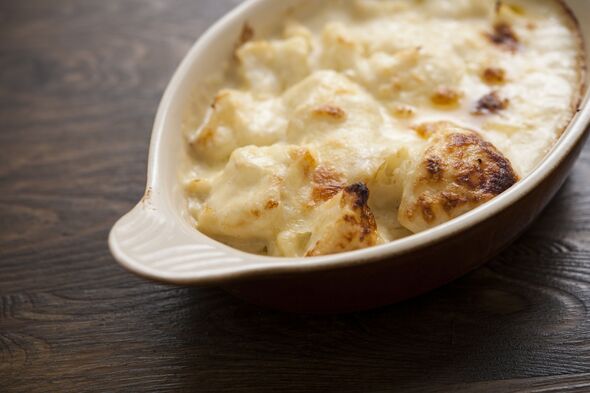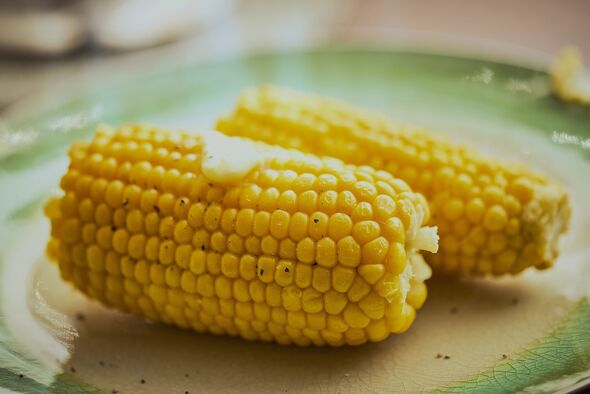Summary
If youre at all familiar with Jamaican food, you have definitely sampled this unique fruit. So why is it impossible to buy fresh in the United States?
Source: The Takeout

AI News Q&A (Free Content)
Q1: What is the reason behind ackee fruit being illegal in its fresh form in the United States?
A1: The ackee fruit is illegal in its fresh form in the United States due to its high levels of hypoglycin A, a natural toxin that can cause severe illness, including vomiting, seizures, and even death if consumed in large amounts. The U.S. FDA permits only canned or frozen ackee from approved processing plants where safety standards ensure hypoglycin A levels are reduced to safe thresholds.
Q2: How is ackee traditionally prepared to be safe for consumption?
A2: Traditionally, ackee is prepared by allowing the fruit to ripen naturally on the tree until it opens on its own. The edible arils are then boiled, drained, and simmered with ingredients like salted codfish, onions, peppers, and spices. This preparation method significantly reduces the hypoglycin A levels, making it safe to eat.
Q3: What steps did Jamaica take to lift the import ban on canned ackee?
A3: Jamaica, along with local processing firms, developed safety plans to control the levels of hypoglycin A in canned ackee. In 1998, they demonstrated to the FDA that only properly ripened ackees without seeds, membrane, or outer rind would be used in canning. This led to the FDA lifting the import alert, allowing canned ackee back on U.S. shelves.
Q4: What are the potential health risks associated with consuming ackee fruit?
A4: Consuming unripe ackee fruit or its seeds, which contain high levels of hypoglycin A, can lead to Jamaican vomiting sickness, characterized by symptoms such as vomiting, drowsiness, seizures, and in severe cases, coma or death. Proper preparation significantly reduces these risks.
Q5: How does the ackee fruit compare to other toxic fruits like rhubarb in terms of safety regulations?
A5: Like rhubarb, where only certain parts are safe to eat, ackee requires careful preparation to be safe. While rhubarb’s leaves are toxic, ackee's unripe parts and seeds contain toxins. Both require knowledge and specific preparation methods to reduce health risks, but ackee faces stricter import regulations due to its natural toxicity levels.
Q6: What are the FDA regulations regarding canned ackee imports in the United States?
A6: The FDA allows only canned or frozen ackee from facilities that meet stringent safety standards. These facilities must demonstrate that their canning process effectively reduces hypoglycin A levels to safe limits. Each shipment is subject to inspection to ensure compliance with these standards.
Q7: How does the cultural significance of ackee in Jamaica contrast with its regulatory status in the U.S.?
A7: In Jamaica, ackee is a national fruit and a staple in the traditional dish ackee and saltfish. It is celebrated as a cultural delicacy. However, in the U.S., fresh ackee is banned due to health risks, highlighting the tension between cultural traditions and food safety regulations.
References:
- Page: Ackee






